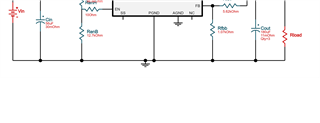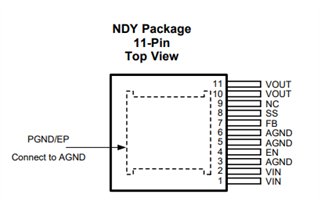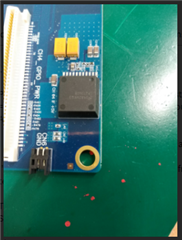Hi team,
the customer have a question:
LMZ13608TZE/NOPB.
The product was produced using the circuit diagram and product that you advised me.
Shorts occur at pins 6 and 7.
Please check what is the cause of the short circuit.
At our factory, we doubt whether the product is defective. :( Is it possible that it is defective? I can send you probme parts samples from my board.
Best regards,




